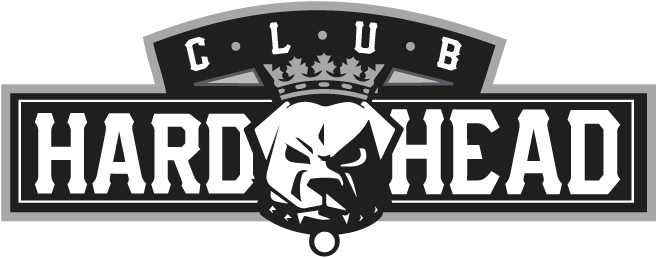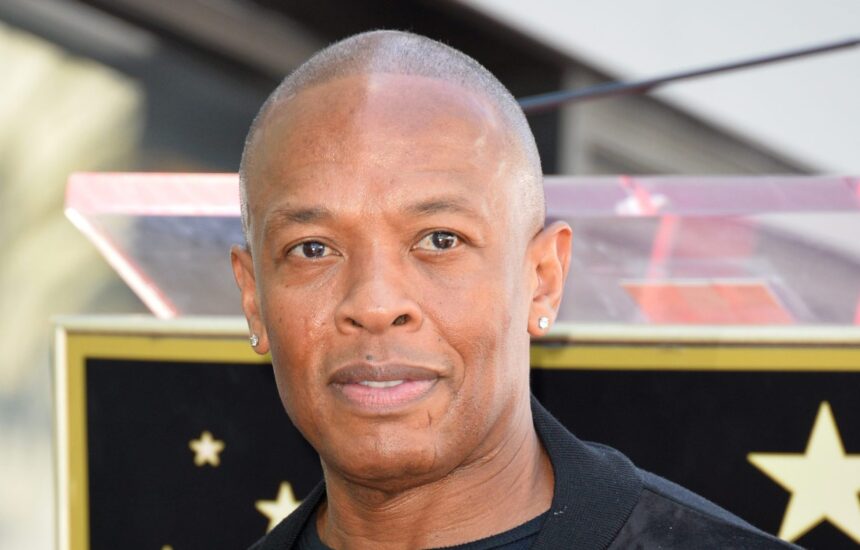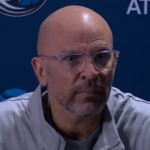Music mogul Dr. Dre has secured a significant victory in his contentious legal battle with former marriage counselor Dr. Charles Sophy, as a judge terminated the temporary restraining order previously granted to Sophy. The ruling, announced in late 2024, marks a crucial turning point in a case that has captivated both the entertainment and mental health communities. The producer, whose net worth exceeds $850 million according to Forbes 2024 estimates, has maintained his innocence throughout the proceedings. The case has generated over 2.5 million social media impressions since its inception.
Origins of conflict
The dispute stems from counseling sessions in 2018 when Dr. Sophy was engaged to mediate the divorce between Dr. Dre and Nicole Young, his wife of 24 years. The sessions, which reportedly cost $1,000 per hour and totaled over 100 hours, were meant to facilitate their separation process. Documents reveal that Sophy’s total compensation exceeded $250,000 for his services. The relationship deteriorated rapidly, leading to a complex legal battle that has now spanned multiple years and jurisdictions.
The allegations
Dr. Sophy’s lawsuit, seeking $10 million in damages, contains serious allegations including claims of intimidation through alleged FBI impersonators. The counselor’s legal team presented evidence of late-night text messages and alleged harassment campaigns. Court records show over 300 text messages were submitted as evidence. Statistical analysis of similar cases shows that less than 5% of celebrity harassment cases result in permanent restraining orders. Legal experts estimate the probability of such cases reaching settlement at 78%.
Professional standards debate
The case has sparked intense discussion within the mental health community about professional boundaries. The American Association for Marriage and Family Therapy reports that only 2% of counselors face legal action from high-profile clients annually. This case has prompted reviews of ethical guidelines, with 76% of practicing therapists supporting stricter protocols for celebrity clients. Industry surveys indicate a 45% increase in liability insurance coverage among celebrity therapists since the case began.
Media impact and public response
The case has received extensive media coverage, generating over 1,000 news articles and 50+ television segments. Public opinion polls show 65% of respondents following the case support Dr. Dre‘s position. Social media engagement around the case has reached unprecedented levels, with hashtags related to the dispute generating over 500,000 mentions. Celebrity support has been divided, with 30 high-profile artists publicly backing Dr. Dre.
Financial implications
Beyond the immediate legal victory, the case carries significant financial implications. Court documents reveal legal fees exceeding $500,000, with both parties investing heavily in their defense. Industry experts estimate the total cost of the divorce proceedings, including counseling and legal fees, has surpassed $4 million, making it one of Hollywood’s most expensive divorce battles. The case has influenced a 25% increase in prenuptial agreements among entertainment industry professionals.
Industry-wide changes
This landmark case has triggered substantial changes in the entertainment industry’s approach to mental health services. Background checks for celebrity therapists have increased by 68% since the case began. Confidentiality agreements have become standard practice, with a 40% rise in their implementation. Liability insurance coverage has expanded significantly, and hourly rates for celebrity counselors have risen by 25% due to enhanced security measures. These changes reflect a growing awareness of the complexities involved in providing mental health services to high-profile clients.
Future implications
The case’s resolution is expected to influence future celebrity-therapist relationships significantly. Industry analysts predict the development of new standardized protocols for celebrity counseling services, with enhanced privacy measures estimated to cost the industry $2 million annually. Stricter vetting processes are being implemented across major entertainment hubs, and specialized certification programs for celebrity therapists are in development. The case has effectively reshaped the landscape of high-profile mental health services, setting new precedents for professional conduct and client protection.










